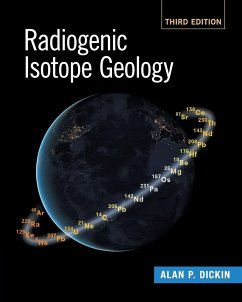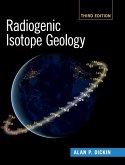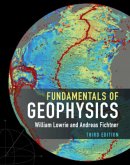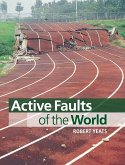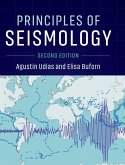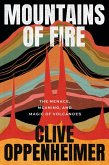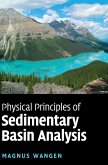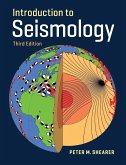The third edition of Radiogenic Isotope Geology examines revolutionary changes in geochemical thinking that have occurred over the past fifteen years. Extinct-nuclide studies on meteorites have called into question fundamental geochemical models of the Earth, while new dating methods have challenged conventional views of Earth history. At the same time, the problem of global warming has raised new questions about the causes of past and present climate change. In the new edition, these and other recent issues are evaluated in their scholarly and historical context, so readers can understand the development of current ideas. Controversial theories, new analytical techniques, classic papers, and illustrative case studies all come under scrutiny in this book, providing an accessible introduction for students and critical commentary for researchers.
Hinweis: Dieser Artikel kann nur an eine deutsche Lieferadresse ausgeliefert werden.
Hinweis: Dieser Artikel kann nur an eine deutsche Lieferadresse ausgeliefert werden.
'The Dickin text provides an excellent introduction to radiogenic isotope geochemistry. I read a previous edition cover-to-cover during preparation for the general knowledge exams in graduate school, and I still suggest that graduate students do the same in preparation for their exams. It continues to be a key reference for teaching and in the classroom and in the laboratory.' Matthew Jackson, University of California, Santa Barbara

